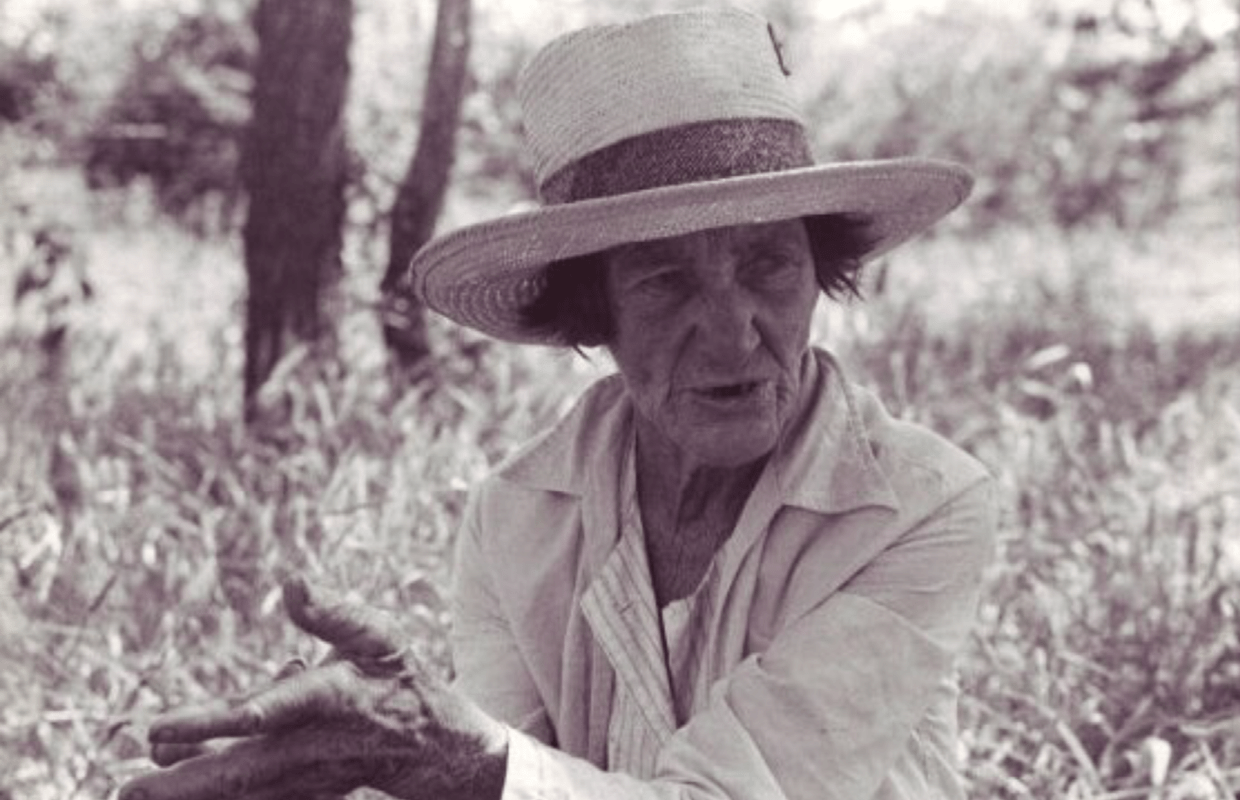Texas+Water Editor-in-Chief, Dr. Todd Votteler, talks with a panel about water and new startup technologies. The participants are led by Erin Keys who manages Water RIOT (Water Resiliency with Internet of Things) at the Austin Technology Incubator (ATI), which is the deep technology incubator affiliated with the University of Texas at Austin (UT). With Erin are John Higley who is CEO of EQO, which has developed a zebra mussel monitoring and detection service; and Jim
Sections
poetry+water: The Brazos River
After listening to testimony on Allen’s Creek Reservoir in the Texas House Natural Resources Committee this session, water attorney, Vanessa Puig-Williams, was reminded of a poem her Great-, Great-Aunt Grace Keelan, wrote about the Brazos River. As a child, Vanessa remembers weekend trips to her Aunt Grace’s farm in Navasota. Grace was born in 1893 in Cheyenne Wyoming, moving to Texas with her family as a child, ultimately buying land in Navasota in the 1930’s, where
q&a+water: Brock Wagner
Brock Wagner, Founder/Brewer of Saint Arnold Brewing Company Brock Wagner has a long history with beer. In fact, it starts before he was born. His great-great-great grandfather came from Alsace in the mid-1800’s and opened Wagner’s Beer Hall in San Francisco (now the oldest existing bar in the city, renamed The Saloon.) Wagner grew up in Cincinnati and Brussels, both big brewing towns, where he was exposed to many of the beer styles of the world. Then
leg+water: May Update
Every month during the 86th Regular Session of the Texas Legislature Dr. Robert Mace and Dr. Todd Votteler provide an update on water-related legislation. The key water committees are Water and Rural Affairs in the Senate (SWRA), and Natural Resources in the House (HNR). Thus far, legislation related to flooding impacts from Hurricane Harvey and statewide flood planning has dominated the water-related efforts of SWRA and HNR. The House has now approved Senate Bill 7
talk+water: Rosario Sanchez
Texas+Water Editor-in-Chief, Dr. Todd Votteler, talks with Dr. Rosario Sanchez, who is a Senior Research Scientist for the Texas Water Resources Institute and Associate Graduate Faculty in the Water Management and Hydrological Science Program at Texas A&M University. She is the Principal Investigator for the Texas portion of the Transboundary Aquifer Assessment Act Program. Her work is to integrate, develop and create research and data on transboundary aquifers between Mexico and the United States, particularly





